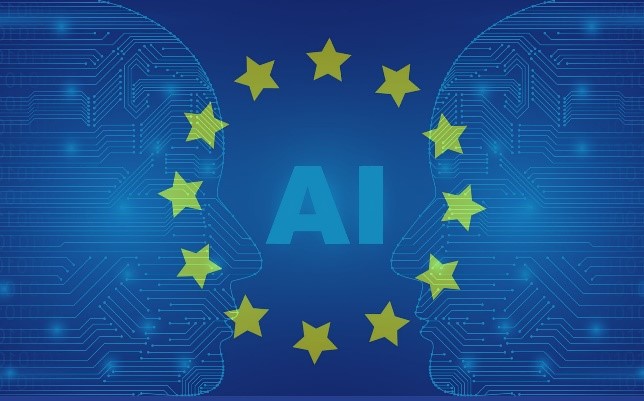The proposed Artificial Intelligence Act by the EU has caused quite a stir as leaked versions of the consolidated text are circulating online. This rare incident has offered the public a significant peek into the details of the proposed legislation. Reports suggest that the draft covers future AI regulations and the EU’s strategic plan to support AI startups. In this piece, we explore the leaked text, shedding light on important dates and governance highlights.
Also Read: EU’s Preliminary Deal on AI Regulation: Implications for ChatGPT

Countdown to Compliance Begins
The leaked 892-page draft presents a detailed comparison of the European Commission’s proposal with the directives of the European Parliament and Council. The document, released ahead of the Telecom Working Party meeting on Wednesday, indicates a tight timeline for businesses to adhere to. Analysts anticipate that final reviews and approval by the Council and Parliament could be completed by April, urging businesses, particularly high-risk system providers, to prepare within the next 6 to 12 months.
Also Read: ‘The Coming Wave’: Mustafa Suleyman’s Call for AI Regulation
Addressing Contentious Issues in AI Act
One of the contentious topics within the AI Act negotiations is facial recognition surveillance. The leaked document specifies restrictions on real-time remote biometric identification in public spaces for law enforcement, with only limited exceptions in specific scenarios. Stakeholders have emphasized the importance of ethical considerations, impact assessments on fundamental rights, and judicial authorization for law enforcement use.
Also Read: Indian Government Contemplates Adding AI Regulations to IT Act
EU Commission’s Innovation Strategy
An early draft reviewed by Euractiv reveals the EU Commission’s strategy to promote AI startups and the adoption of generative AI. At the core of this strategy are ‘AI Factories,’ envisioned as open ecosystems centered around European public supercomputers. The document outlines plans to revise the legal basis of EuroHPC JU to provide supercomputing service infrastructure for training large-scale models. Additionally, the GenAI4EU initiative aims to connect AI startups with traditional industries for strategic applications.

Open-Source AI Exemptions
An intriguing aspect revealed in the leaked text is the EU’s acknowledgment of open-source AI. The proposed AI Act suggests exemptions for third parties offering AI tools under a free and open license. This move recognizes the significance of foundational models and encourages standardized documentation practices, creating an environment conducive to trustworthy AI development within the EU.
Our Say
As the leaked EU AI Act draft unfolds, it is evident that the legislation represents a significant shift in the regulatory landscape. The EU’s proactive stance underscores a balance between innovation, ethical compliance, and data protection. Businesses, especially those in the AI sector, must prepare for the forthcoming regulations and ensure alignment with the proposed timelines. The leaked insights indicate the EU’s dedication to fostering a responsible and innovative AI ecosystem.
The leaked EU AI Act draft presents both challenges and opportunities. While it signals a promising future for open-source AI, the EU must navigate the complexities of AI regulation with caution. The final decision, scheduled for early February, will undoubtedly shape the landscape of AI development and deployment in Europe.
Follow us on Google News to stay updated on the latest innovations in the realm of AI, Data Science, & GenAI.


